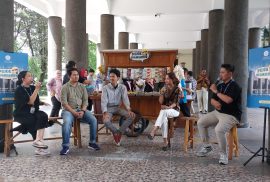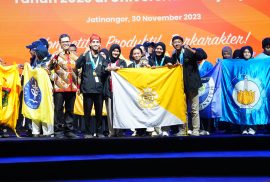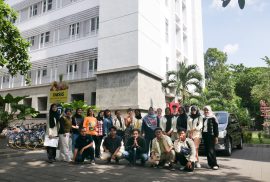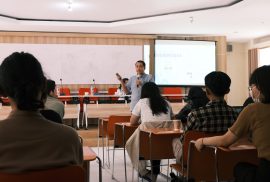Ever wonder why men and women sometimes seem like they’re speaking different languages? Linguists have been digging into this mystery, going beyond vocabulary differences to explore how men and women communicate in unique ways. This article aims to discover the fascinating world of gender-specific language patterns, pulling insights from reliable sources to give you the lowdown on this captivating aspect of human interaction.
Communication Styles: Reading Between the Lines
When it comes to social interactions, men and women often showcase distinct communication styles. Women, in particular, have a knack for using implicit language, especially when expressing their wants or likes. Picture this: you’re on a date, and your girlfriend doesn’t outright say where she’d like to go. Instead, she drop hints, leaving it to you to play detective and figure out their unspoken preferences. This tendency aligns with what linguists have found – women often use subtle communication strategies to get their point across (Lakoff, 1975).
Tag Questions and Rising Intonation: The Women’s Secret Language
One of the landmark studies on gender-specific language use, led by Deborah Tannen in 1975, shed light on the prevalence of tag questions in women’s speech. Tannen argued that women deploy tag questions as a way of hedging, adding a touch of uncertainty or seeking reassurance. She also pointed out that women frequently use rising intonation on statements, making them sound like questions. This linguistic quirk adds a layer of complexity to women’s communication, requiring a nuanced interpretation to grasp their intended meaning.
Different Strokes: Men vs. Women in Language
Linguists have delved into the intriguing differences in emphasis between men’s and women’s language, shedding light on unique communication styles. Research indicates that men typically prioritize conveying information, striving for clarity and directness. In contrast, women often assign a higher significance to social connections and the cultivation of relationships (Tannen, 1990). For instance, women may engage in sharing gossip as a means to foster and maintain relationships among themselves (Tannen, 1991). This communication practice, far from being trivial, serves as a social bonding mechanism, strengthening connections within their social circles. On the other hand, men tend to share information selectively, focusing on relaying pertinent and crucial details.
In conclusion, the use of language between men and women unfolds as a multifaceted phenomenon, intricately woven with various linguistic nuances. Deborah Tannen’s groundbreaking work in 1975 marked a significant milestone, offering a gateway to a deeper comprehension of these distinctive communication styles. The delicacy inherent in women’s language, coupled with their strong emphasis on social connections, contributes to the rich tapestry of human communication. Importantly, recognizing and appreciating these nuanced differences in language aligns with the global pursuit of achieving the United Nations Sustainable Development Goal (SDG) 5 – Gender Equality. SDG 5 emphasizes the importance of dismantling gender stereotypes and promoting equal opportunities in various spheres, including communication. As our understanding of gender differences in language continues to evolve, it becomes increasingly crucial to consider these nuances not only for enhancing interpersonal communication but also as part of a broader commitment to fostering gender equality. By acknowledging and valuing the unique ways in which men and women communicate, we contribute to creating a more inclusive and respectful world.
References:
Lakoff, R. (1975). Language and Woman’s Place. Harper & Row.
Tannen, D. (1975). You Just Don’t Understand: Women and Men in Conversation. William Morrow and Company, Inc.
Tannen, D. (1990). You’re Wearing THAT?: Understanding Mothers and Daughters in Conversation. Random House.
Tannen, D. (19911990). You just don’t understand: women and men in conversation. 1st Ballantine Books ed. New York, Ballantine.
This article has previously been published by Pusat Bahasa FIB UGM through this link.






